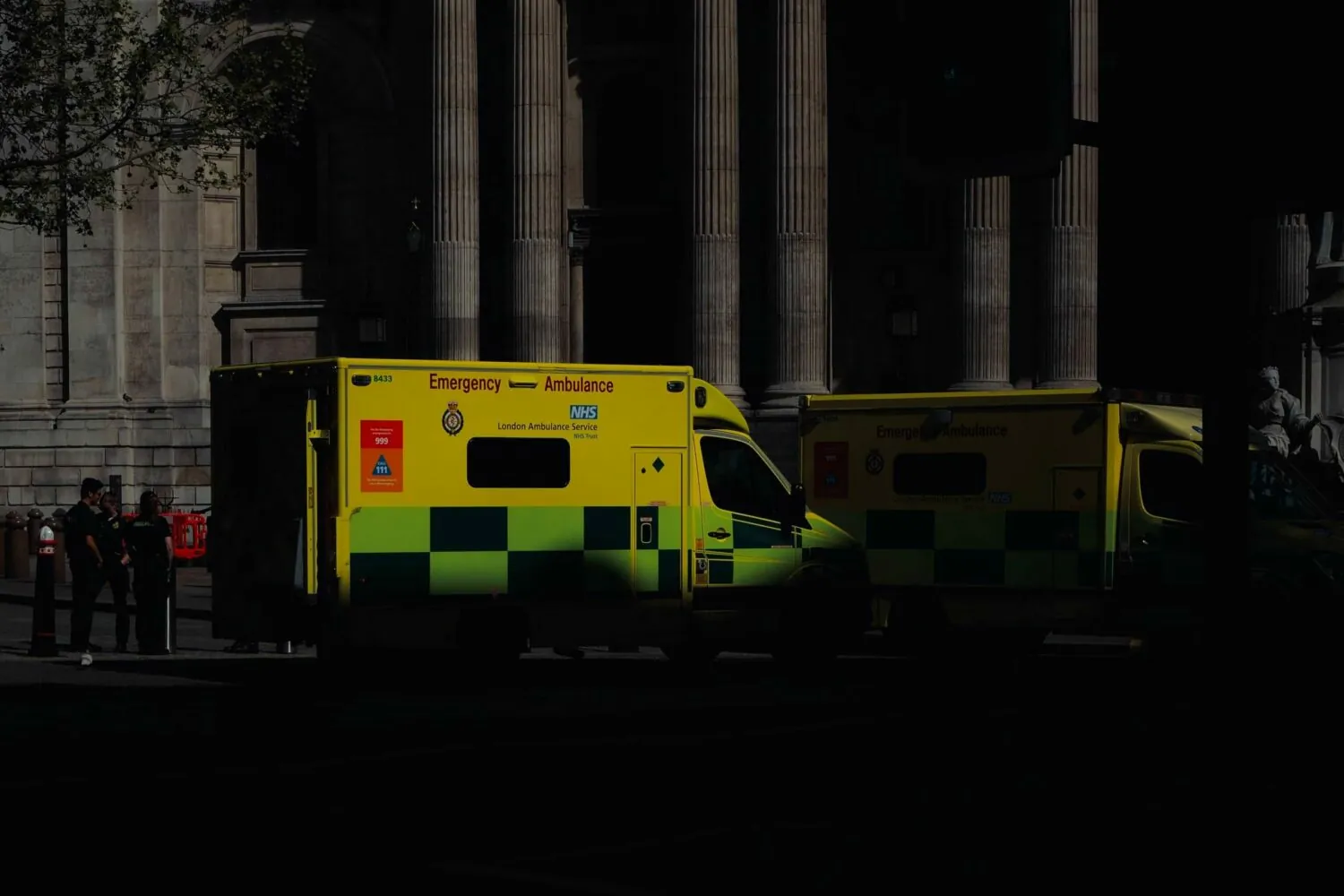Three healthcare workers describe the realities of struggling against a rising tide of coronavirus cases
Pushpo Hossain
Junior doctor
Pushpo Hossain is in the eye of the capital’s Covid storm. The ward where the junior doctor cares for severely ill coronavirus patients is having to limit oxygen and consider who gets the hard-to-come-by non-invasive ventilators.
The number of Covid patients is “going up exponentially,” she says in her hospital accommodation after another gruelling 13-hour shift. “We are so short staffed and we don’t have enough of the non-invasive ventilator machines that can hold patients until they can be transferred to intensive care units [ICUs].”
Hossain, 31, and her colleagues in the south-west London hospital where she works have to make almost impossible decisions about who gets what and who gets moved.
“We do a risk-benefit analysis based on age, number of comorbidities and sometimes based on the amount of resources we have,” she says. “[A patient] could be an ICU candidate, but we don’t have a bed. Our hands are tied. It makes me want to cry.”
This weighs heavily on the staff, who are battling fatigue, stress and exhaustion. Hossain rarely has time to eat properly and struggles to stay hydrated because she is so busy. Two of the five doctors on her ward are off with Covid, leaving the remaining three covering their shifts. “There are times when we just collectively break down. There are times when we can’t take it any more,” she says. “I remember me and the nurses just held each other in the clinical room.”
Oxygen for patients has already been limited because the hospital’s supply system was approaching the point where it would shut down. “We have the oxygen to give everybody, but we don’t have the delivery system. The system would crash if too many people were sucking in oxygen in a high concentration,” Hossain says. “That would be disastrous, because that would mean the entire hospital oxygen supply would be cut off.”
Her greatest fear is that even more people turn up in need of oxygen, pushing the system over the edge: “We would possibly have to evacuate and transfer all these patients that need oxygen to some other hospital – and most of the hospitals are in the same situation.”
Epsom and St Helier University Hospitals NHS trust said that pressure on services was very high and had reached the limit of what the 80-year-old infrastructure could cope with.
It added that a new vaporiser, which will treble its piped oxygen supply, is due to be up and running by 11 January.
Read the rest of the article here.





